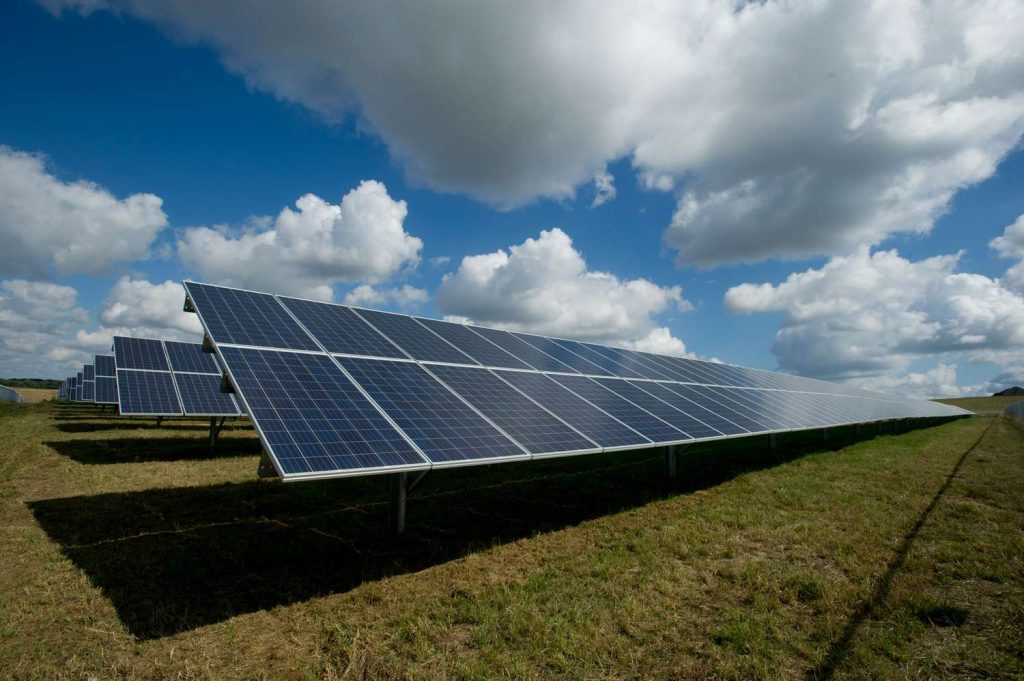A new association launched this week to help farmers navigate renewable energy projects: the Renewable Energy Farmers of America (REFA). The farmer-led nonprofit organization was started to give landowners the knowledge, education, and connections they need to make decisions about wind and solar farms, high-voltage transmission lines, and battery storage projects.
“There was a real gap in support for landowners trying to navigate renewable energy projects on their own,” said Jeff Risley, executive director at REFA. “We saw the potential to bring farmers and ranchers together into a network where they can learn from each other, access tangible services, and make sense of a complex and evolving energy landscape. REFA exists to ensure landowners have the tools and support to make the best decisions for their future, while preserving their land and property rights for the next generation.”
Membership Benefits
Membership is open to all U.S. farmers for a $250 annual fee. REFA provides members with guidance and resources to make decisions and embark on renewable energy projects. Those resources include:
Peer-to-peer network with farmers who have been through the renewable energy development process.Professional services with expert guidance in lease services for non-legal lease review; financial advisory for finance consulting, wealth management, and estate planning; farm management on business planning, insurance guidance, and risk management; and tax and accounting for renewable energy tax strategy, accounting services, and office solutions. REFA is partners with Pinion, an advisory and accounting firm, who will provide these professional services. Educational guides, webinars, expert Q&A, and case studies. Informal in-person events at ag conventions and trade shows, like Commodity Classic and World Dairy Expo. “We see these events as an excellent opportunity for farmers and ranchers to share their experiences and learn about renewable energy development firsthand,” Risley said. “We do not have any scheduled right now but will be formalizing plans as our membership grows.”Annual meeting to support in-person engagement and education, starting in 2026.
Advocacy
REFA will also advocate for policies that protect landowner rights and create better regulatory frameworks for renewable development at the state and federal level. Those positions today are determined by REFA’s staff and board of directors.
“We are in the process of establishing position pillars around issues we know will be important to our members, like agrivoltaics, renewables, land use, etc.” Risley explained. “In the future, REFA plans to create a policy committee, comprised of farmer and rancher landowner members, who will create and recommend policy and positions on policies to leadership for action.”
Agrivoltaics is the practice of agriculture happening around solar panels. While there are well established programs in Europe, the practice is relatively new and growing in the U.S.
“REFA is built to be a steady long-term resource that grows alongside the renewable energy landscape,” Risley said. “Whether a landowner is in the early stages of exploration or already hosting a project, we want them to have somewhere to turn for honest answers and a community that understands what’s at stake.”

